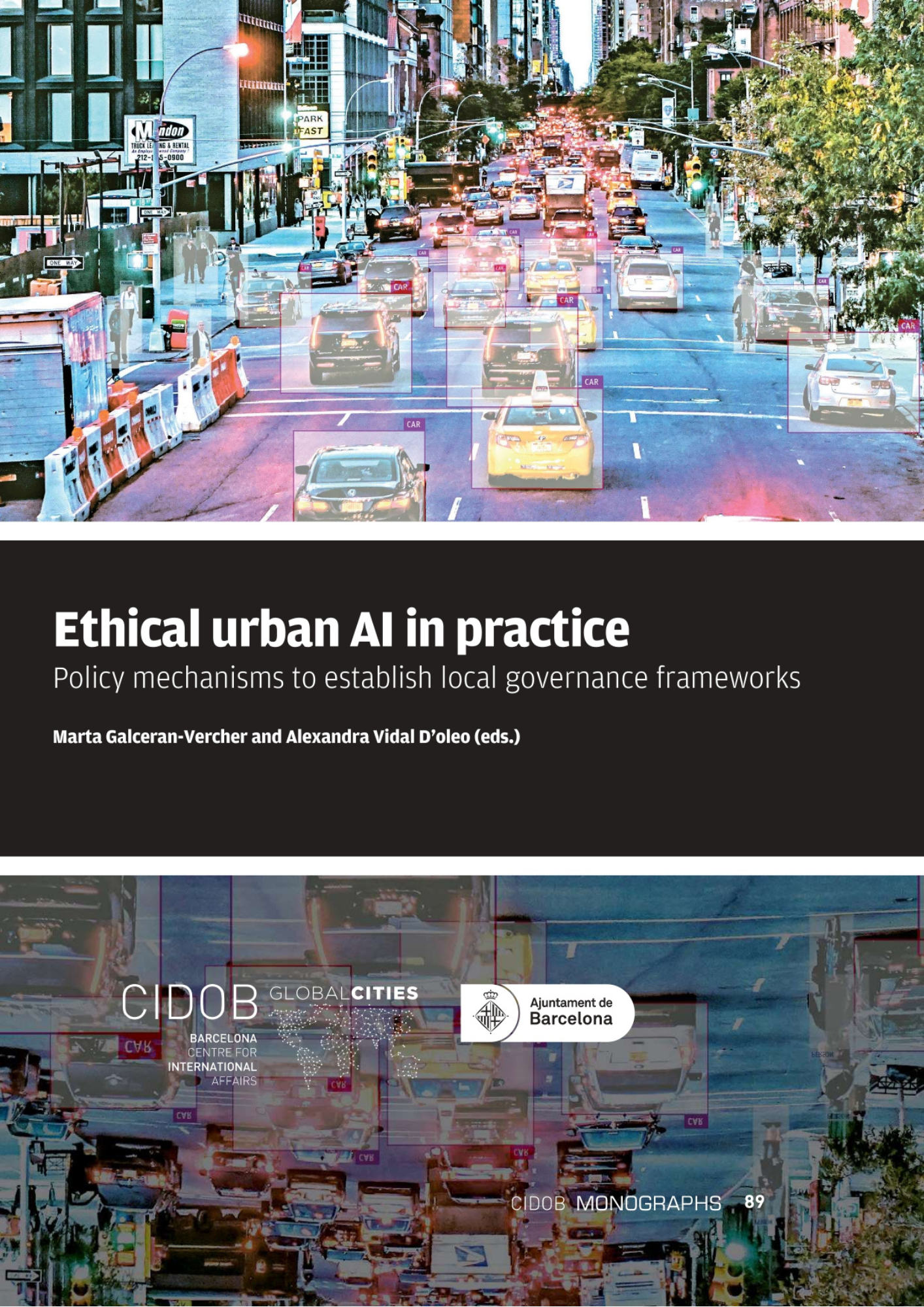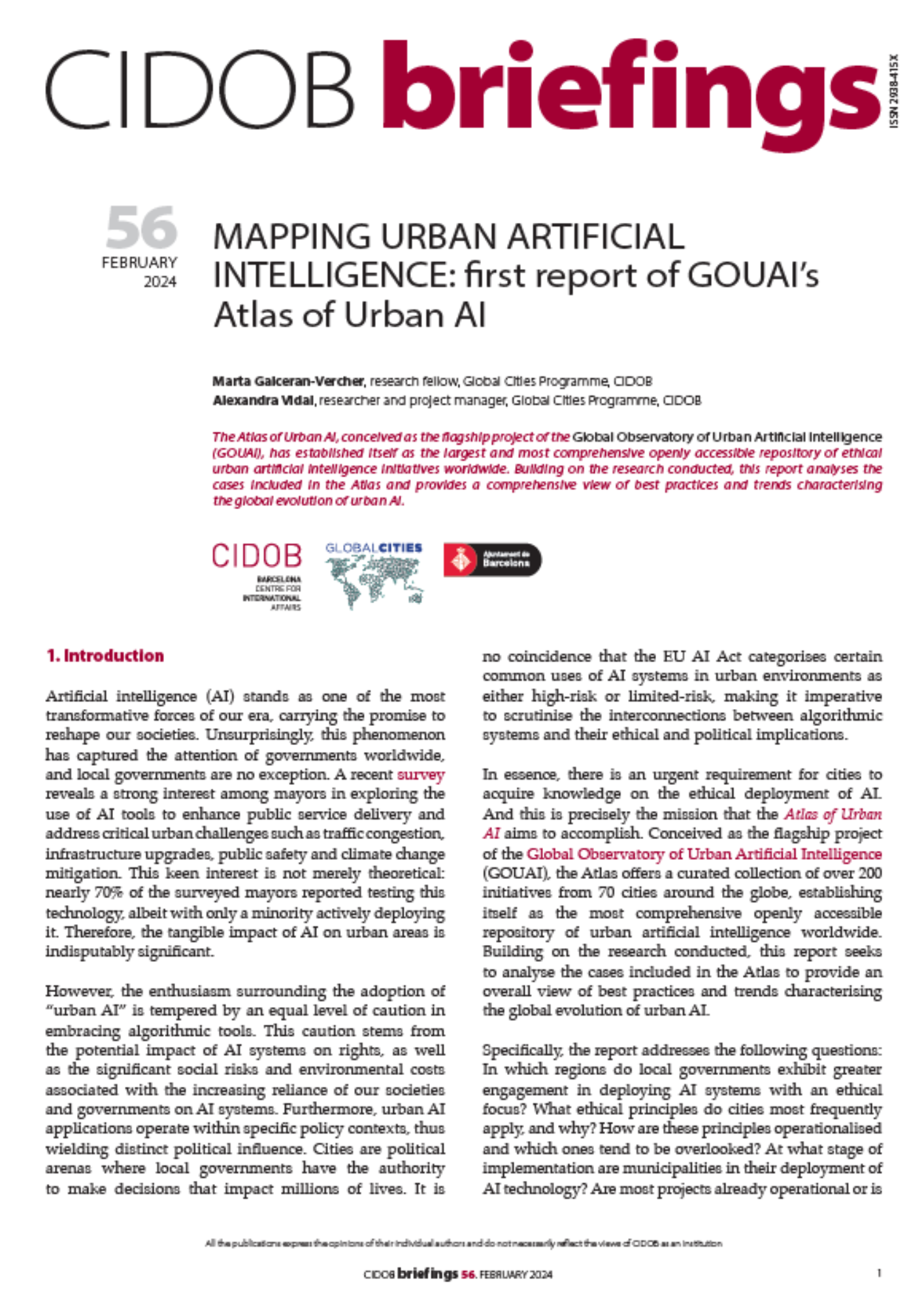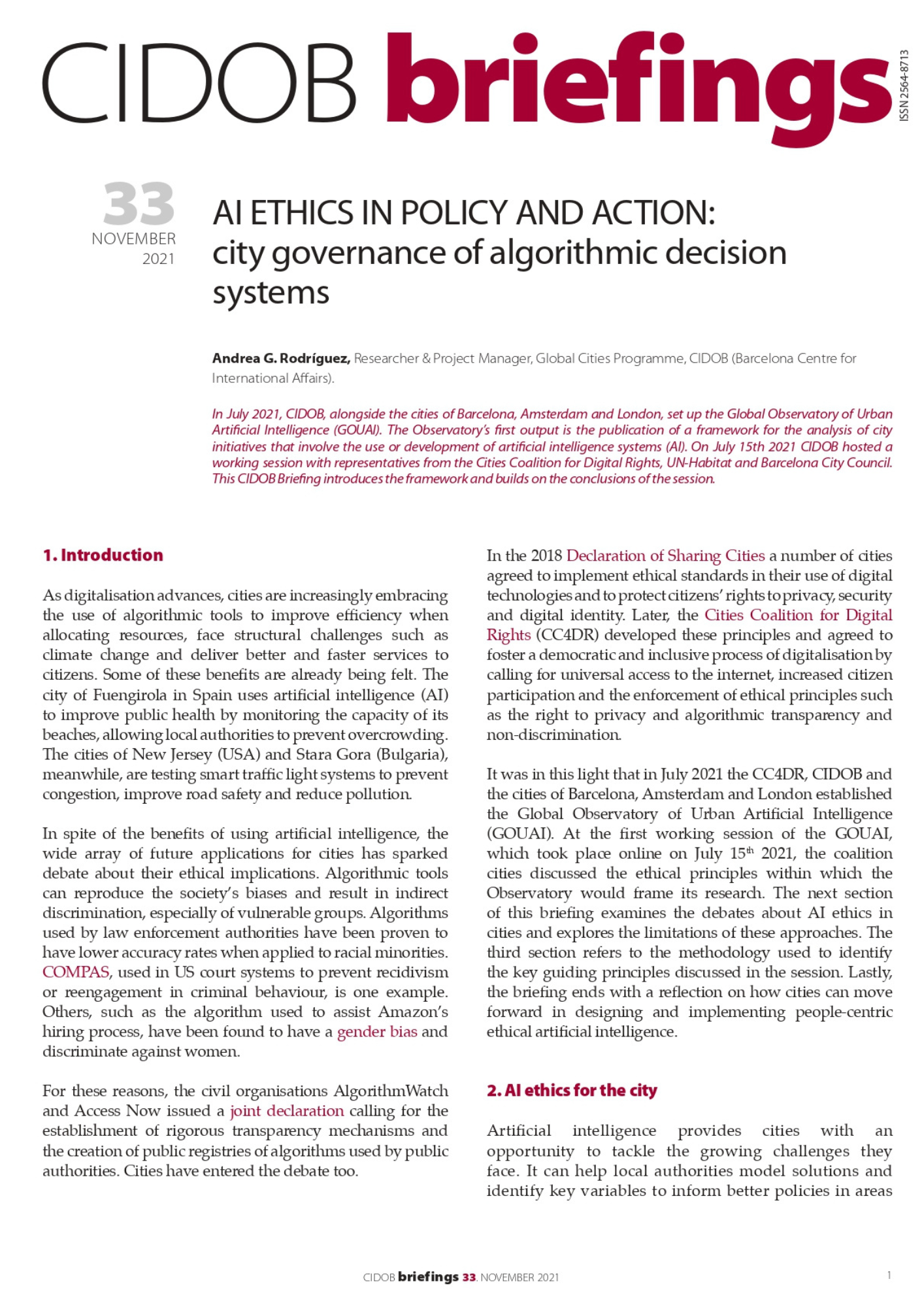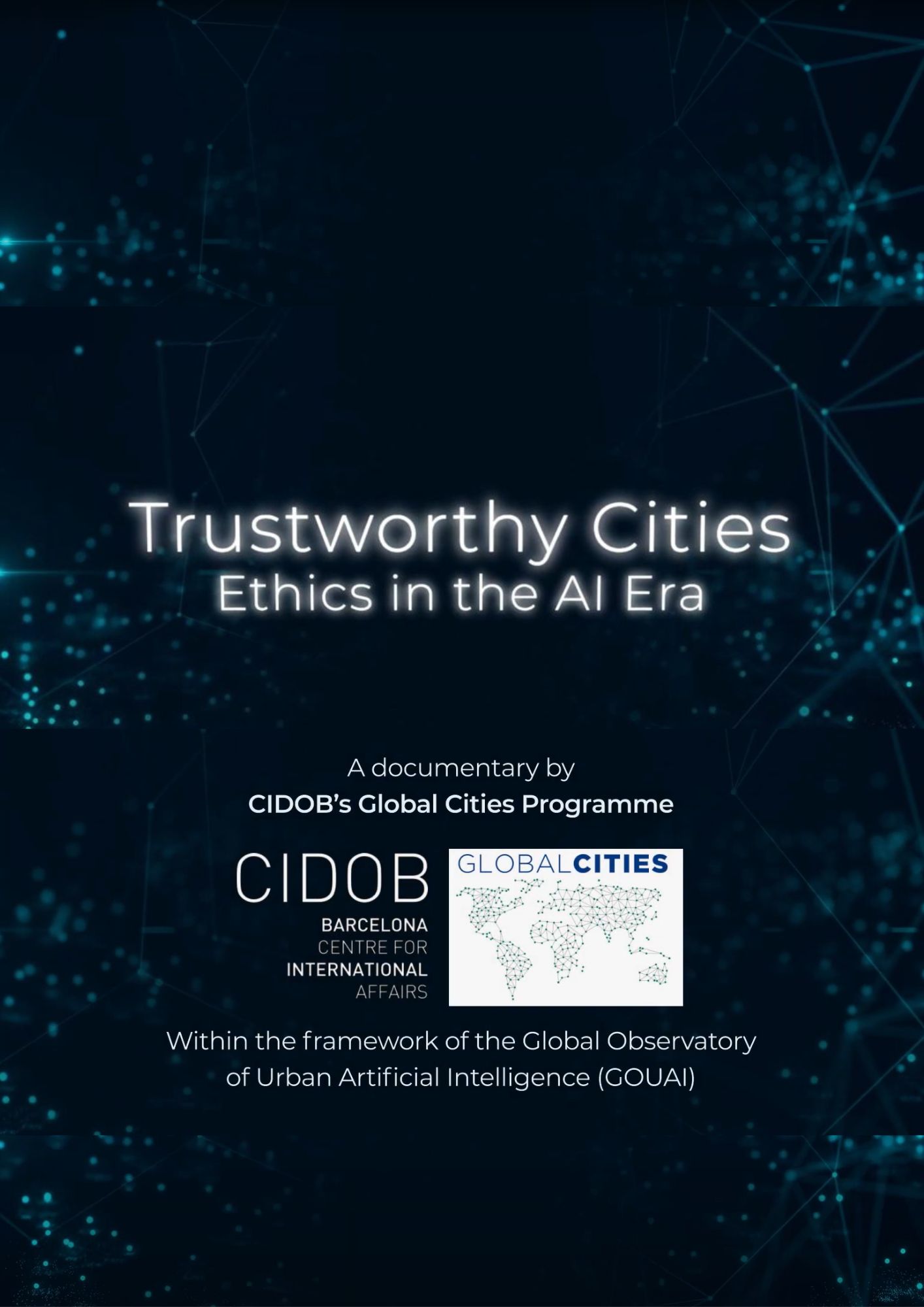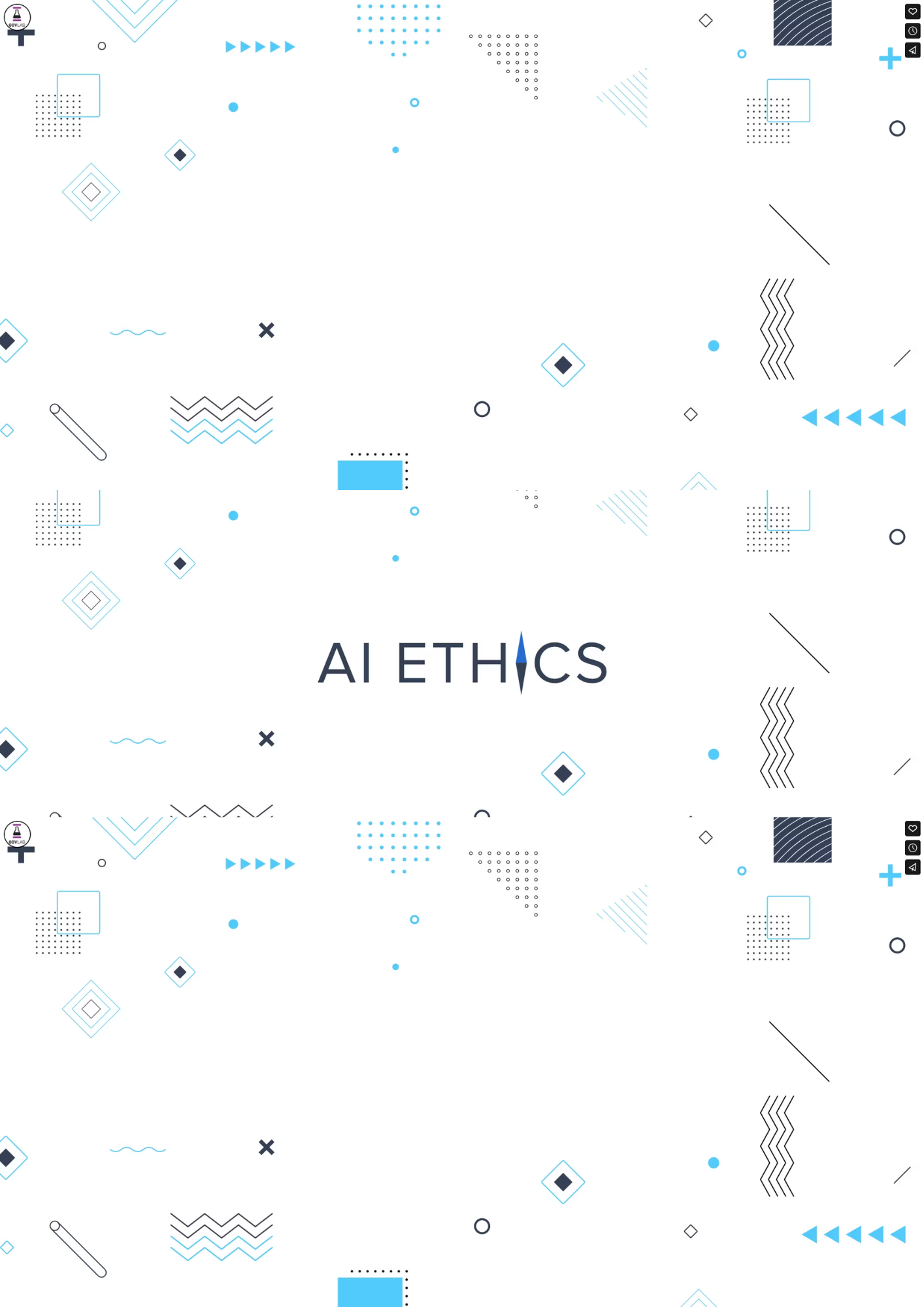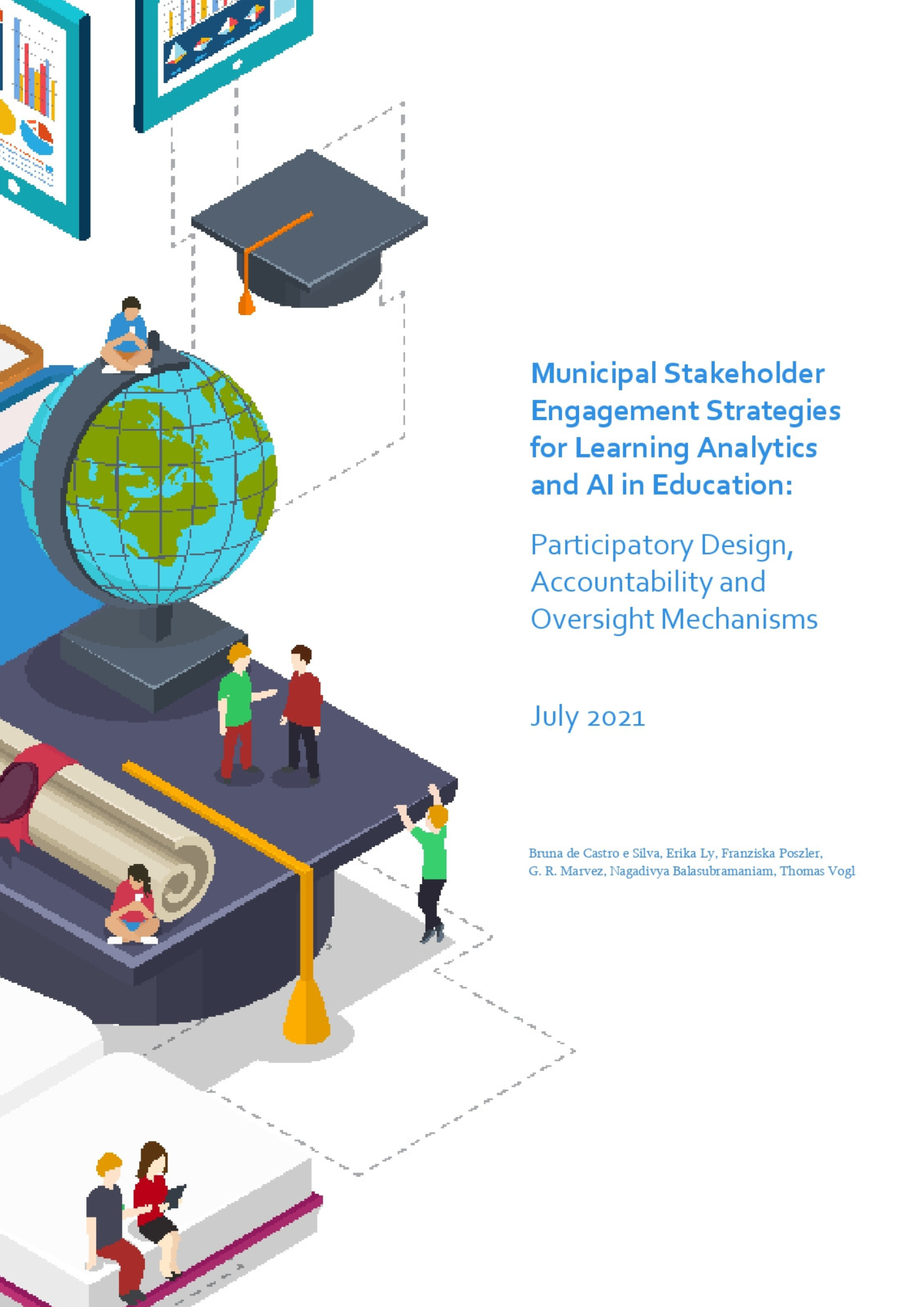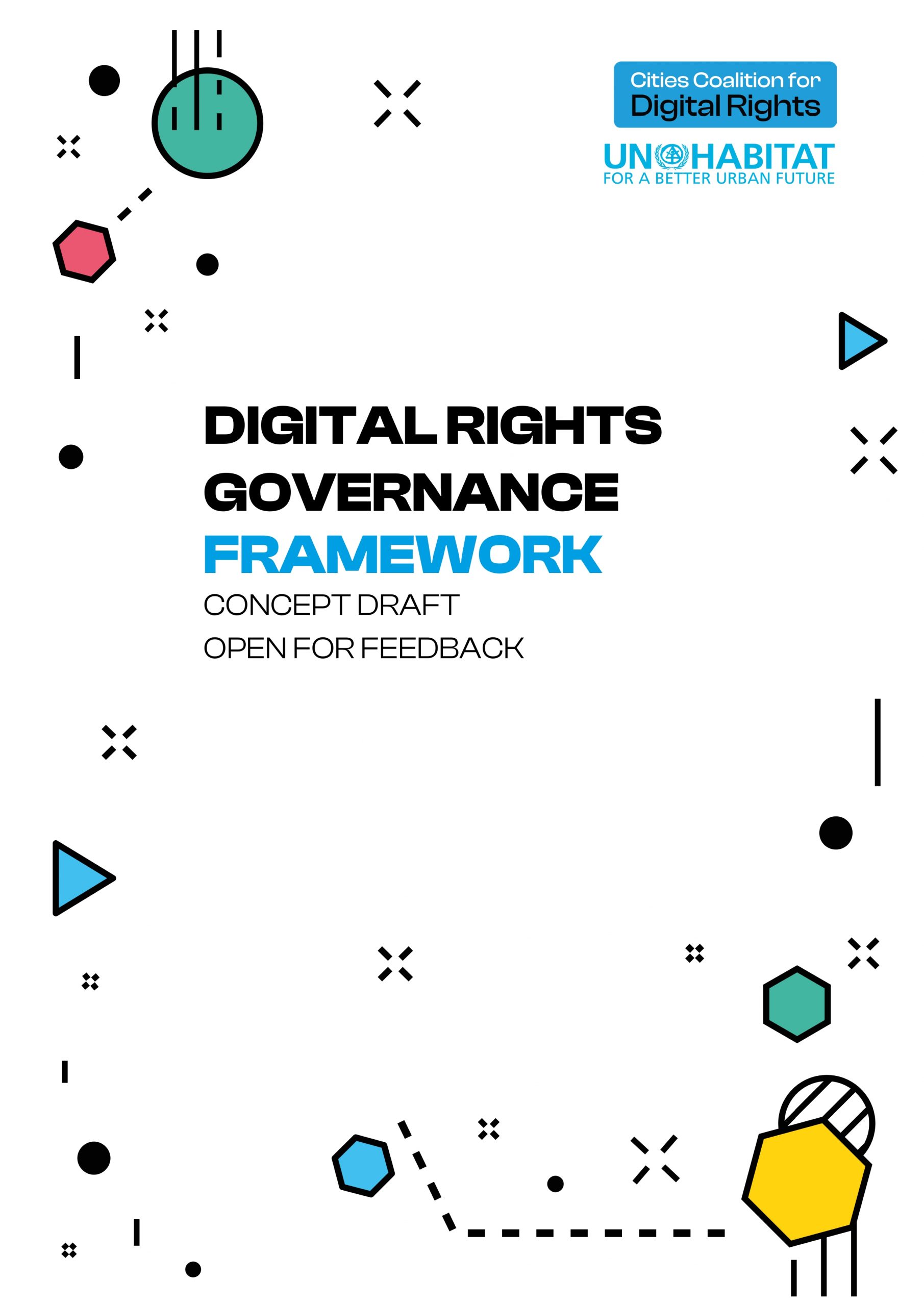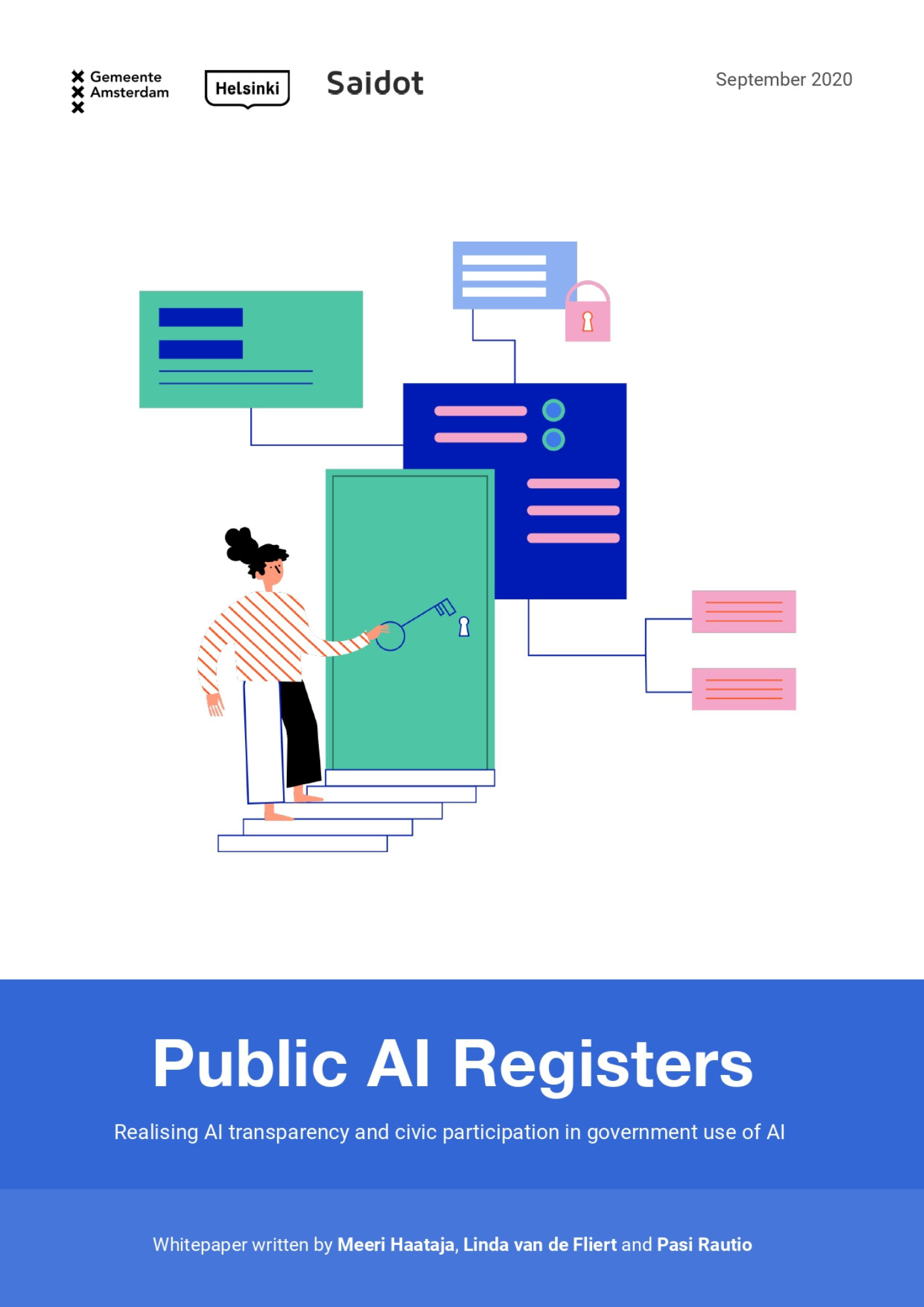CIDOB Monograph 89. “Ethical urban AI in practice: policy mechanisms to establish local governance frameworks”
CIDOB presents this monograph, exploring specific policy mechanisms and existing governance frameworks that promote responsible urban AI on the ground. First, it analyses how essential ethical principles – namely (1) accountability and transparency; (2) privacy and data protection; (3) fairness and non-discrimination; and (4) sustainability – can be effectively implemented in urban environments through targeted policy measures. Then, it presents case studies of cities worldwide that have established comprehensive AI governance frameworks. Ultimately, this CIDOB Monograph aims to serve as a practical document that can inspire action and guide other local public sector actors on the long road ahead to guaranteeing ethical deployment of urban AI.
